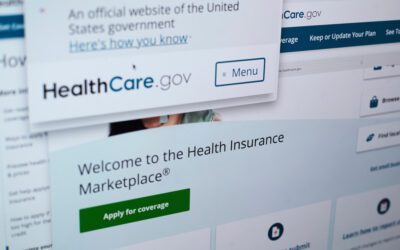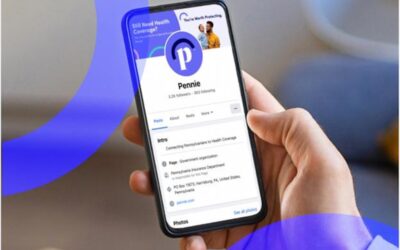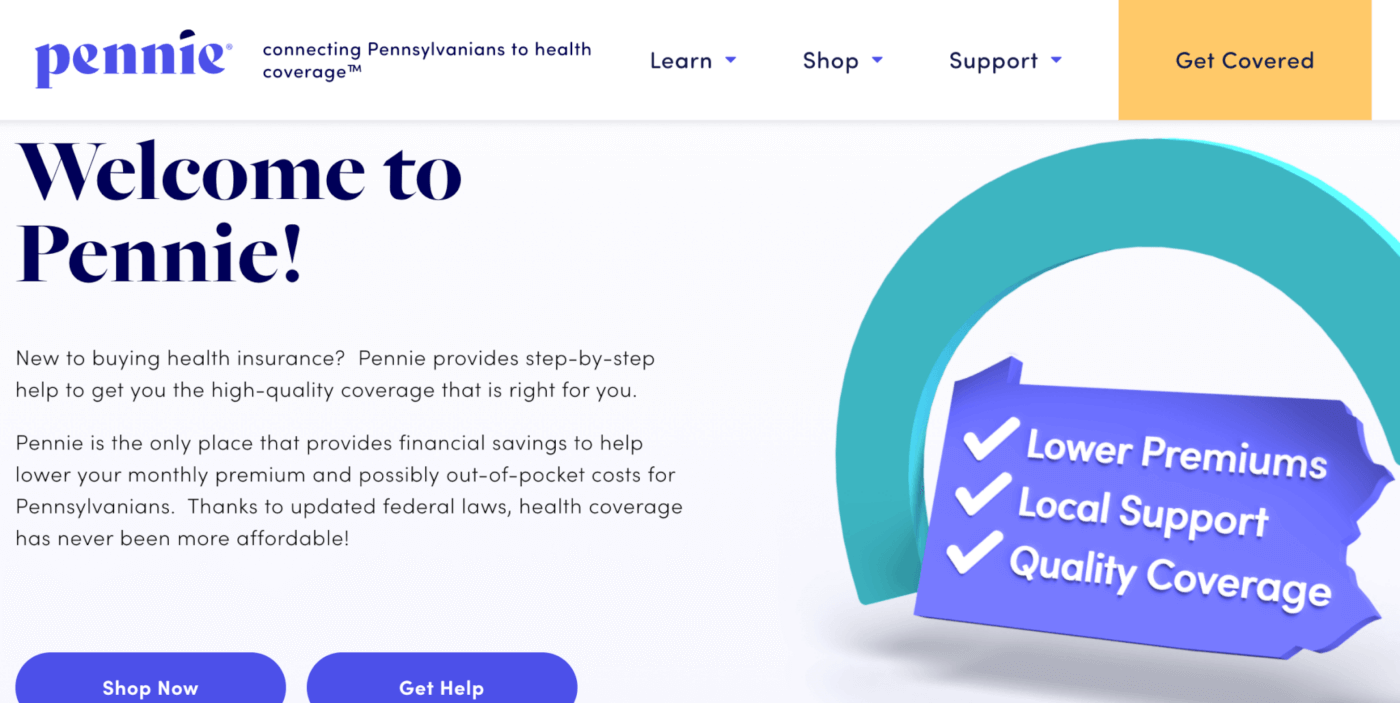
(Screenshot)
Nearly 435,000 Pennsylvanians signed up for healthcare coverage through Pennie, the commonwealth’s health insurance marketplace. This is an increase of 150,000 people signing up for coverage since it launched in 2020.
Pennie, Pennsylvania’s healthcare marketplace made available through the Affordable Care Act, has been widely successful since first launching in September 2020.
Nearly 435,000 Pennsylvanians, a record breaking number, signed up for healthcare coverage through Pennie’s most recent open-enrollment period and will have affordable healthcare coverage throughout 2024. This represents an increase of 150,000 people signing up for coverage since the commonwealth launched the marketplace in 2020.
“We are beyond thrilled to see Pennie’s enrollment numbers skyrocket for 2024, knowing this means so many more Pennsylvanians have chosen to protect their health and their savings this year,” Pennie Executive Director Devon Trolley said in a statement.
“Pennie strives to ensure every Pennsylvanian has the benefits of health coverage, and we will continue to serve as a trusted and objective source for affordable and high-quality coverage.”
Pennsylvania residents are also saving money when they acquire coverage through Pennie thanks in large part to an increase in subsidies from President Joe Biden’s Inflation Reduction Act. These subsidies reduced premiums by 45%, allowing families and individuals to obtain cheaper coverage.
According to the Pennsylvania Department of Insurance, nine in 10 Pennsylvanians who signed up for coverage through Pennie qualify to save more than $500 a month for insurance on average.
“Every Pennsylvanian deserves the dignity of knowing they can go to the doctor or fill a prescription when they need it, and it is a huge accomplishment that more Pennsylvanians than ever have the peace of mind that comes with having coverage to keep themselves and their families healthy,” Department of Human Services Secretary Val Arkoosh said in a statement.
Support Our Cause
Thank you for taking the time to read our work. Before you go, we hope you'll consider supporting our values-driven journalism, which has always strived to make clear what's really at stake for Pennsylvanians and our future.
Since day one, our goal here at The Keystone has always been to empower people across the commonwealth with fact-based news and information. We believe that when people are armed with knowledge about what's happening in their local, state, and federal governments—including who is working on their behalf and who is actively trying to block efforts aimed at improving the daily lives of Pennsylvania families—they will be inspired to become civically engaged.

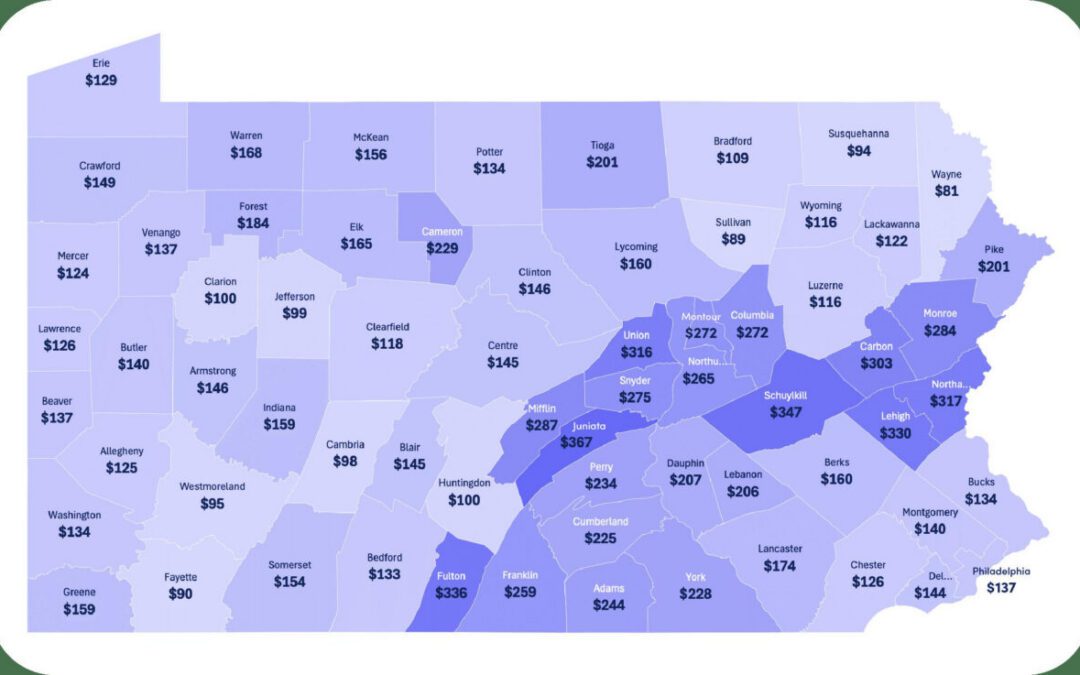
One in 5 ACA enrollees in Pa. drops health coverage as costs spike
About 85,000 Pennsylvanians have dropped their Affordable Care Act coverage for 2026 in the face of soaring premium costs from the expiration of...

It’s 2026 and you’re uninsured. Now what?
It’s 2026, and you’re uninsured. Now what? Renuka Rayasam February 2, 2026 Health policy changes in Washington will ripple through the...

Two community hospitals in York County set to open this spring
Two new community hospitals in York County are expected to open in the spring, according to WellSpan's advertisements. One of the hospitals is just...
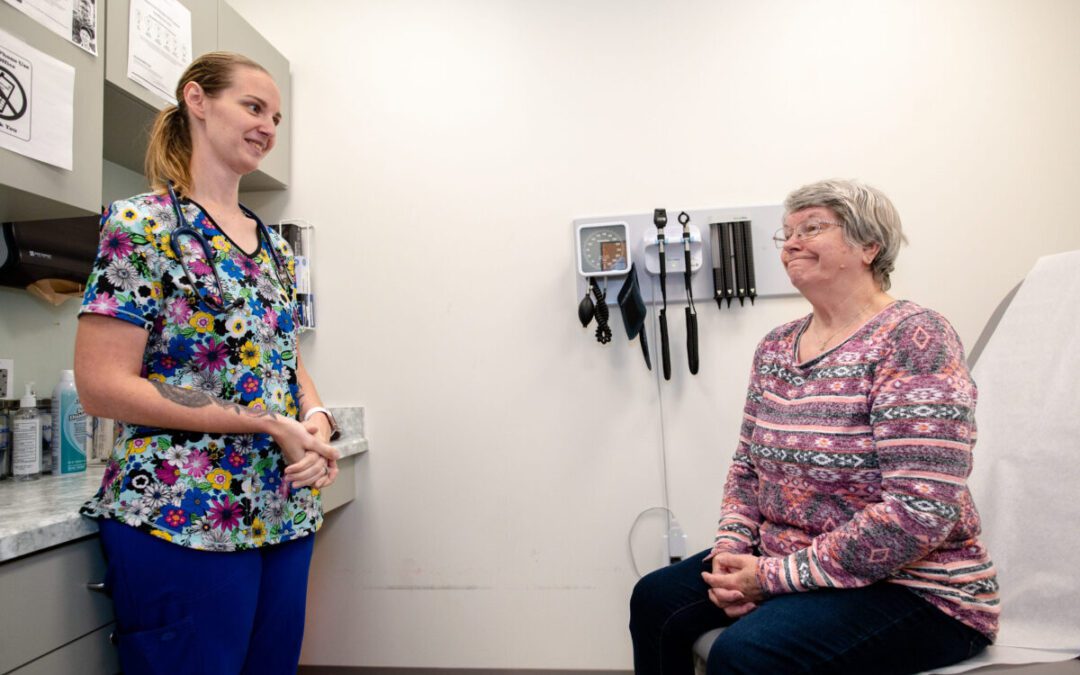
Report: Pa. hospitals face increasingly precarious financial future
Financial instability could force closures at more than a dozen Pennsylvania hospitals in the coming five years if state policymakers fail to act...
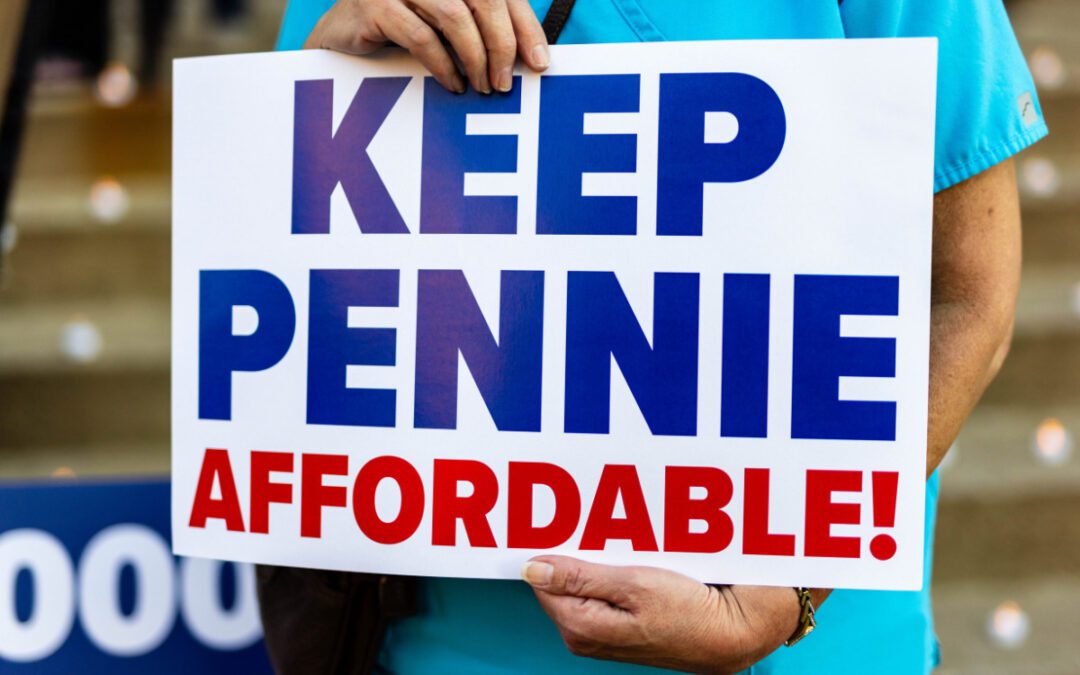
Pa. Pennie enrollment drops as Congress wrestles with health insurance subsidy vote
Some Pennsylvanians stay enrolled and pay tripled premiums with the hope lawmakers will vote to extend tax credits. Thousands of Pennsylvanians have...




